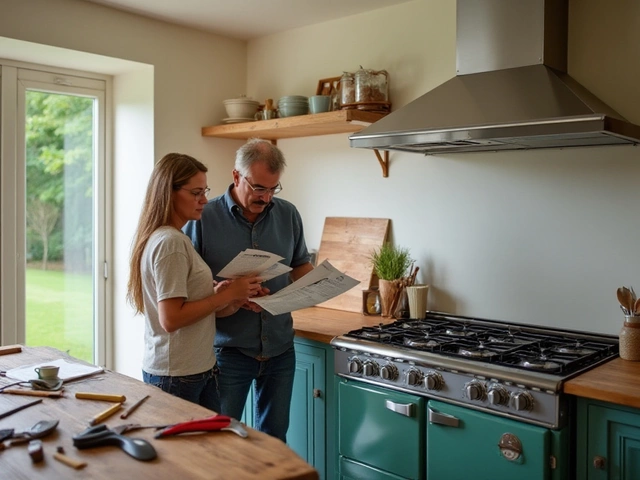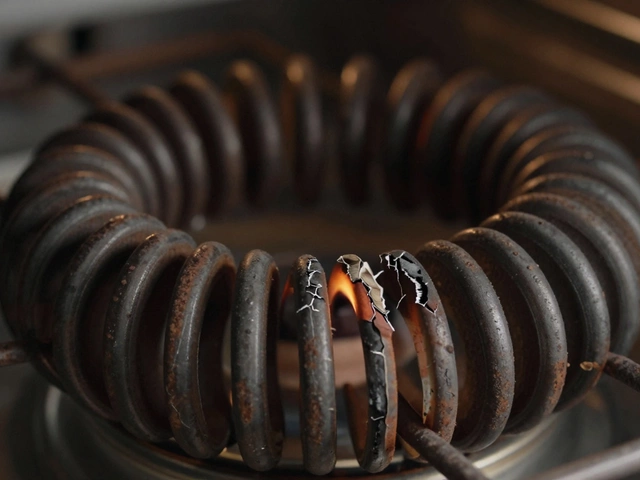Energy Efficiency: How Smart Appliance Care Saves Money and Power
Ever wonder why your electric bill spikes even though you haven’t added any new gadgets? The answer often lies in the appliances you already own. A dusty filter, a loose seal, or a failing motor can make your fridge, dishwasher, or boiler work harder, burning extra electricity or gas. By keeping your gear in good shape, you not only dodge costly breakdowns but also shrink your carbon footprint.
Why Maintenance Matters for Energy Efficiency
Every time you skip a quick clean‑up, you’re adding resistance to the system. A fridge with a clogged condenser coil has to run longer to stay cold, which means more power draw. An extractor fan with a stuck motor uses extra electricity and can let moisture linger, leading to mould and wasted heat. Regular checks by a qualified technician catch these problems early, so the appliance runs at its design efficiency.
Think of it like a car: you change the oil, check the tyre pressure, and the engine stays smooth. The same principle applies to boilers, ovens, and washing machines. When parts are worn out, replace them before they start sapping energy. A well‑maintained boiler, for example, can cut heating costs by up to 15%.
Quick Wins to Boost Your Appliances' Efficiency
1. Clean the filters. Dishwashers, washing machines, and extractor fans all have filters that trap lint and grime. A quick rinse every month keeps airflow strong and reduces motor strain.
2. Check door seals. The fridge and freezer doors should seal tightly. Warm air sneaking in forces the compressor to work overtime. Wipe the gasket with warm, soapy water and replace it if it’s cracked.
3. Defrost when needed. Frost buildup in freezers acts like insulation. When it reaches a quarter‑inch, defrost it. You’ll see the freezer run less often and use less electricity.
4. Use the right settings. Most modern ovens have eco‑mode or convection settings that cook faster at lower temperatures. Your boiler’s thermostat should match the room’s actual need – set it a few degrees lower and wear a sweater.
5. Schedule a professional check‑up. A qualified repair service can test the efficiency of your boiler, heat pump, or water heater and advise on upgrades. Often, a simple part replacement like a fan motor or a thermostat recalibration restores peak performance without a full replacement.
By tackling these easy steps, you’ll notice lower energy bills, quieter appliances, and fewer surprise breakdowns. If you spot a problem you can’t fix, call a local expert in Rugby – they know the common issues in UK homes and can get you back to efficient living fast.
Remember, every small fix adds up. Keep your appliances humming efficiently and you’ll save money, stay comfortable, and do a little bit for the planet.







